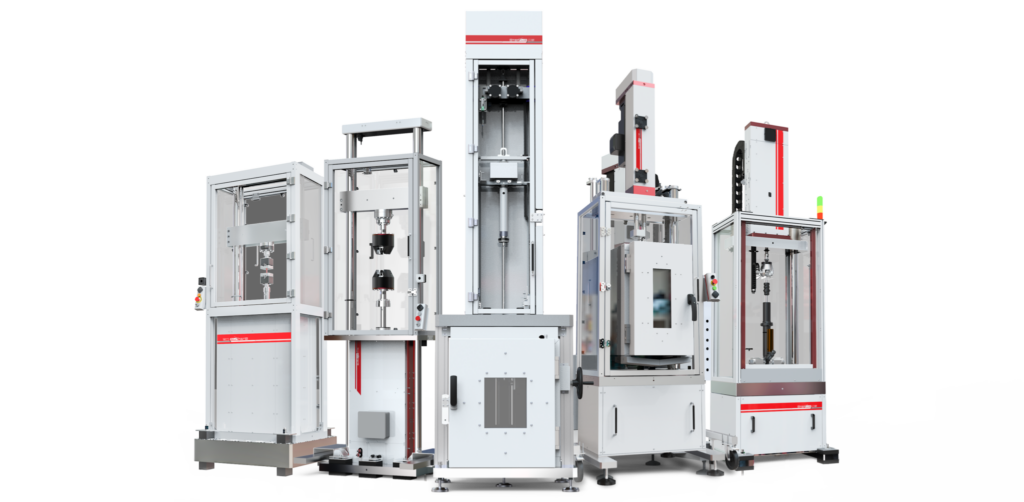
Versatile fatigue tester: How to harness its potential
A fatigue tester is a precision tool used to assess the durability and performance of materials and components under continuous or repeated stress. These tests help determine how well materials and parts withstand long-term use and varying environmental conditions.
Below are examples of situations where a fatigue tester is especially useful:
- Metals and other materials: Fatigue testing evaluates the fatigue properties of materials such as steel, aluminum, and titanium. The tests reveal how well materials endure continuous or cyclic loading, such as bending, compression, or tension.
- Components and parts: Fatigue testers are used to assess the durability of various components, including engine parts, springs, bearings, welded joints, and electronic components. This helps identify potential weaknesses and risk of failure during long-term use.
- Structures and machines: The fatigue resistance of large structures like bridges, buildings, and aircraft is assessed under constant load using fatigue testers. Testing helps detect potential damage and material degradation over time.
- Specialty materials: The durability of materials like rubber, polymers, and composites can also be evaluated through fatigue testing. These tests help determine material strength, wear resistance, and deformation behavior under long-term loading.
Fatigue testers support performance and quality
Fatigue testers provide valuable information on the performance of materials and components, supporting the design and production of more durable products. They help estimate product lifespan and safety, which contributes to a higher-quality and more reliable design process.
For fatigue testing of components and structures, we offer high-quality fatigue and load testers from the following manufacturers: